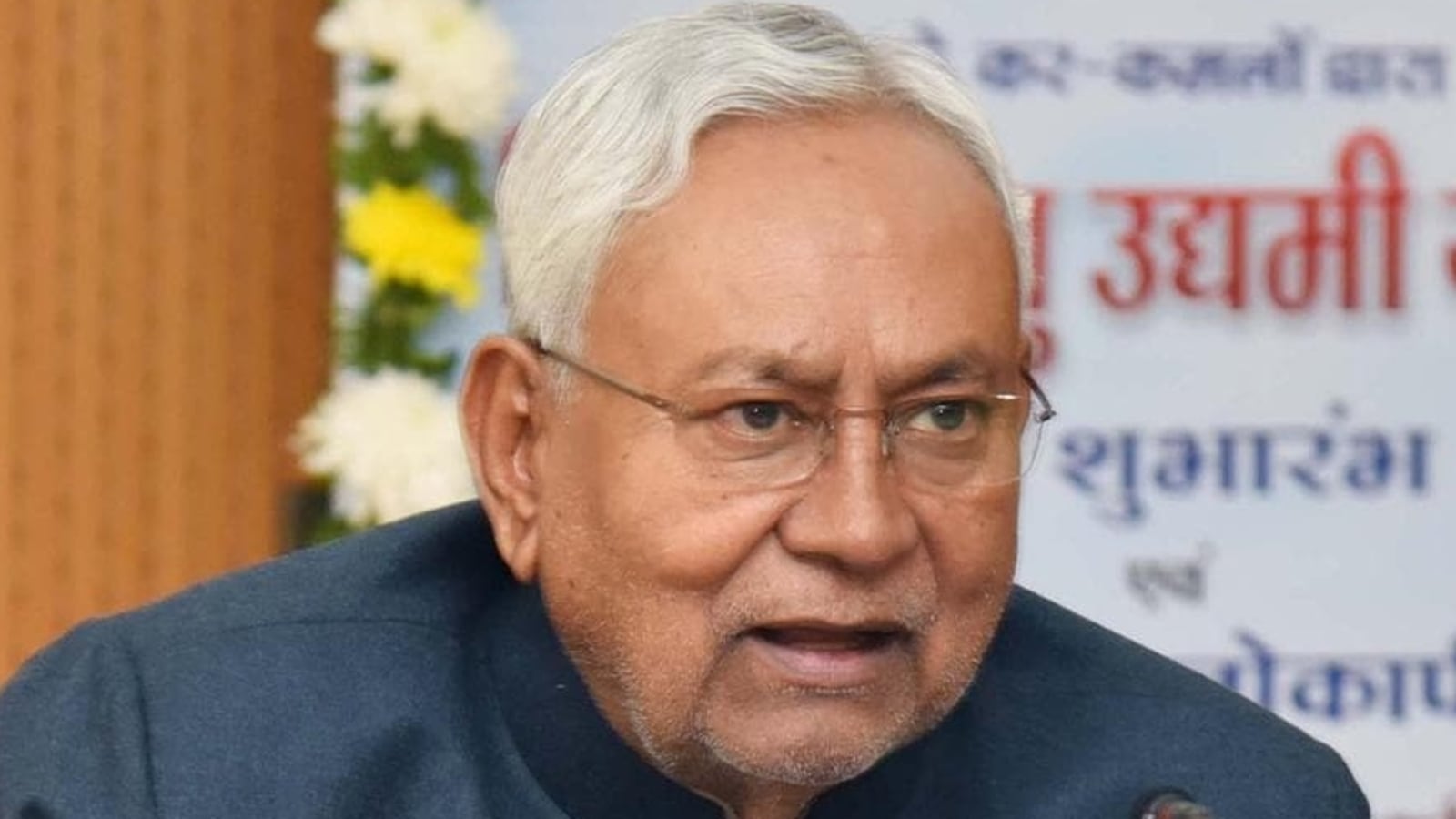Politics
Nitish Kumar Responds to Bihar’s Special Status Snub

In the wake of the central government’s decision to deny special status to Bihar, Chief Minister Nitish Kumar has offered a cryptic response that has left many wondering what he truly meant. Kumar, who leads the Janata Dal (United) party and is a significant ally in the ruling National Democratic Alliance (NDA) at the Centre, was approached by reporters at the Bihar Assembly following a public announcement in Parliament.
When pressed about the Union government’s recent stance on the issue, Kumar, maintaining a mysterious demeanor, stated, “You will get to know all things slowly, and slowly (sab kuchh dhire dhire jaan jaaiyega).” His comment, delivered with a smile, was seemingly meant to keep the media guessing as he walked toward the House.
The political backdrop of this denial is significant—while the Bharatiya Janata Party (BJP) secured 240 seats in the Lok Sabha, it crucially formed the government with the support of its allies, including Kumar’s JD(U) and Chandrababu Naidu‘s TDP. The BJP’s lack of a majority on its own speaks to the importance of these partnerships in Indian politics.
In a national executive meeting soon after the recent Lok Sabha elections, JD(U) members reaffirmed their push for special status for Bihar. They argued that this designation is crucial for the state’s development and would enable it to access more funds and resources from the central government.
Despite the clamoring for special status, the central government, represented by Finance Minister Nirmala Sitharaman, recently announced a package of financial assistance for Bihar that seems to be an attempt to placate the discontented parties. During her presentation in Lok Sabha, she revealed plans for a substantial allocation of ₹26,000 crore aimed at various road projects within the state.
Additionally, Sitharaman pledged that the Centre would mobilize support from multilateral development agencies to funnel more funds into Bihar’s infrastructure projects. She outlined plans to develop airports, medical colleges, and sports facilities, as well as the overarching plan named Purvodaya, which is aimed at the comprehensive development of not just Bihar, but also the neighboring states of Jharkhand, West Bengal, Odisha, and Andhra Pradesh.
While this announcement may provide some immediate relief for Bihar, it’s clear that the push for special status is far from over. The JD(U) leaders are adamant that their demands will continue to be voiced, with hopes that the central government will reconsider its position as development projects roll out.
Nitish Kumar’s ambiguous statements leave plenty of room for interpretation. His party has consistently emphasized Bihar’s developmental needs and the necessity of special status. Yet, the reality of coalitions in Indian politics often means that compromises are made, and the local political landscape can be subject to the whims of national power dynamics.
The response from the public and various political factions regarding Kumar’s comments is expected to trickle in over the coming days. Will this ambiguity serve as a strategy to better position JD(U) within the NDA, or is it an indication of growing frustrations that could lead to a shift in alliances? Only time will tell.
As Bihar continues to navigate its complex political landscape, all eyes will be watching to see how the state’s leaders respond to the central government’s policies and funding announcements. Will Nitish Kumar’s JD(U) continue to align closely with the NDA, or might better options emerge as developmental needs grow more pressing? These questions linger in the minds of many as the political drama in Bihar unfolds.












